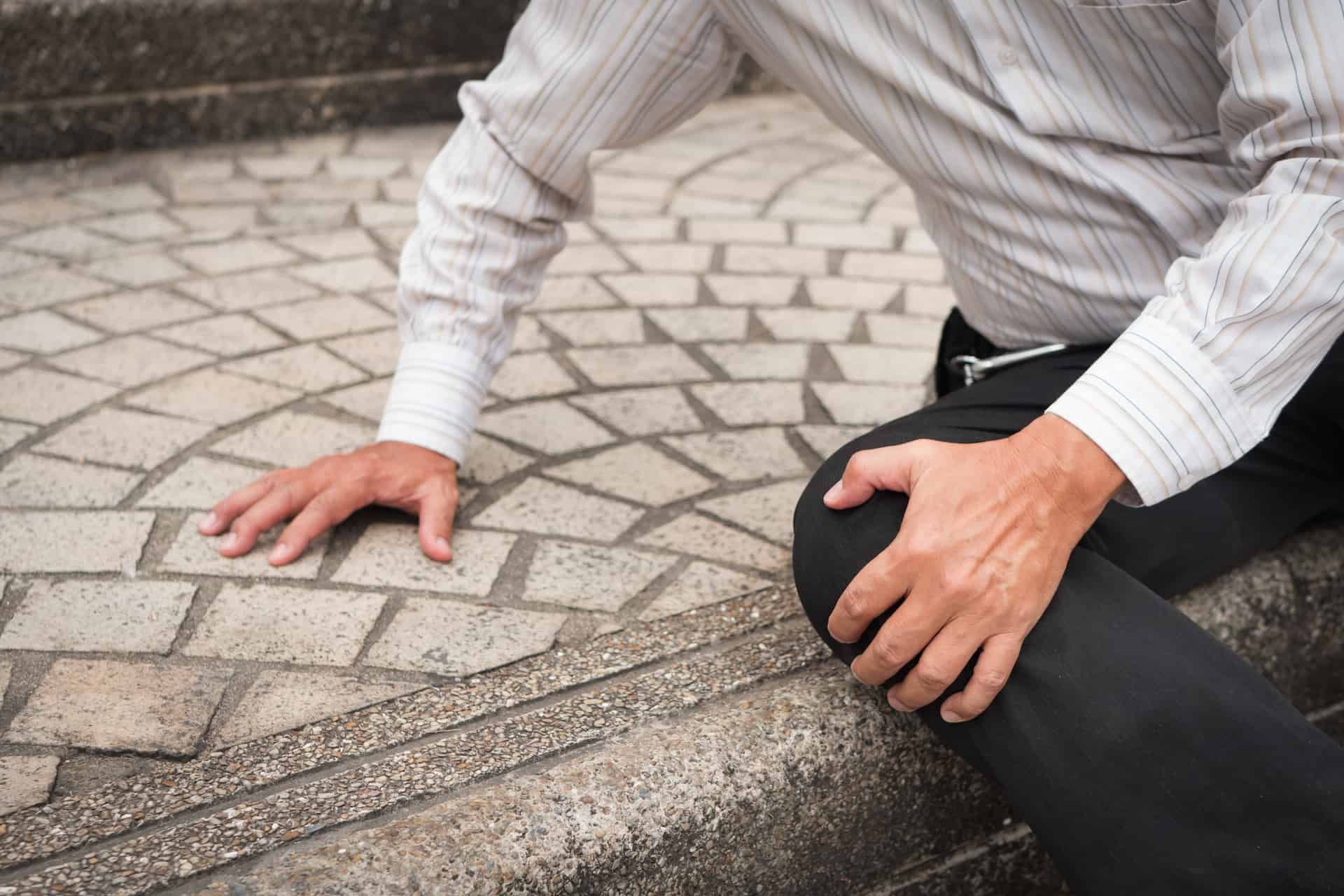
4.8 Average on Google


Charleston Slip-and-Fall Accident Lawyer
Slips, trips, and falls are some of the most common types of premises liability accidents. In fact, slip and falls are the leading cause of death in the construction industry, according to the Occupation Safety and Health Administration (OSHA).
Thousands of people suffer serious and even fatal injuries from slip, trip, and fall incidents outside of the workplace, in grocery stores, parking lots, businesses, and right in their own neighborhoods here in Charleston County. Determining who is responsible for your slip and fall can lead to compensation for your damages. Work with the Charleston slip-and-fall accident lawyers at HawkLaw to discover your rights as an injured victim in the Charleston area and Mount Pleasant.
Who Is Liable for Slip and Fall Accidents?
Be sure to note your location after a slip and fall: Were you at work? Were you at your local grocery store like Harris Teeter? Were you a passenger on a cruise ship? Were you visiting your neighbor’s home as an invited guest? It is the property owner’s legal responsibility to provide a reasonably safe environment for invitees, licensees, and even trespassers (if they are minors). The property owner is the defendant in most slip-and-fall cases because they are responsible for injuries that occur on their properties as a result of negligence.
Negligence for a property owner means:
- Failure to repair known hazards on a property.
- Failure to warn visitors of known hazards not yet repaired.
- Failure to reasonably search for and repair unknown hazards.
These are the three main duties of care all property owners owe invitees, or invited guests. If you are a customer at a business, for example, you are an invitee. As such, you have the right to file a claim against the property owner if you slip and fall on spilled liquid an employee should have cleaned. Business owners are liable for the actions and inactions of their employees through the laws of strict liability.
Property owners owe only the first two standards of care listed above to licensees (someone invited onto a property, but for his or her own purposes, such as a salesperson), and only the duty not to cause harm to trespassers. A trespasser who is a minor takes the status of an invitee. For example, a child slipping and falling into an uncovered pool may be grounds for a personal injury lawsuit, even if the child was trespassing at the time of the accident.
What to Do After a Premises Liability Injury in Charleston, SC
Seek medical attention for your injuries immediately after a slip-and-fall accident. Keep a record of all medical-related expenses, including ambulance fees, hospital stays, and scans or X-rays. Follow your doctor’s prescribed treatment plan to avoid the defense arguing that you made your injuries worse. The sooner you speak with a Charleston slip-and-fall accident lawyer, the better your chances for building a strong case. Waiting too long can lead to the destruction of important evidence, or unreliable eyewitness statements. Contact the Charleston personal injury law team at HawkLaw in Mount Pleasant, serving all of Charleston County.
Our firm will investigate your slip-and-fall accident and decide whether the property or business owner’s negligence played a part. We may obtain eyewitness interviews, inspections of the property, and surveillance footage of your incident. Then, we will help you understand your rights and potential legal options moving forward. We work on a contingency fee basis, and always inform our clients of our fee schedule up front.
A slip-and-fall accident can lead to broken bones, concussions, traumatic brain injuries, and other serious harm. Don’t let your injuries go without consequence for negligent parties. If you or a loved one recently had a slip-and-fall incident, call (843) 737-9356, or click here to schedule a consultation with HawkLaw in Mount Pleasant or throughout South Carolina.
Visit Our Office
Suite 201
North Charleston, SC 29406
John Hawkins is the Founder and CEO of HawkLaw He has been licensed to practice law in South Carolina since his graduation with honors in 1994 from the University of South Carolina School of Law, where he was on the Law Review and Order of Wig and Robe.
-
$3,000,000*SettlementTrucking Accident
-
$1,005,000*SettlementCar Accident
-
$575,000*SettlementPersonal Injury
"*" indicates required fields

